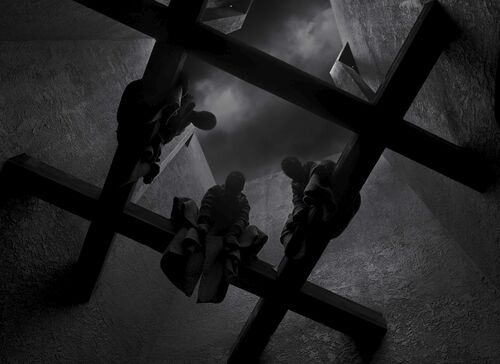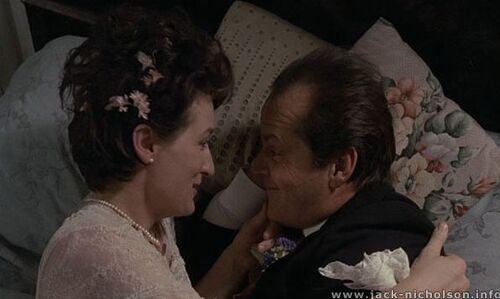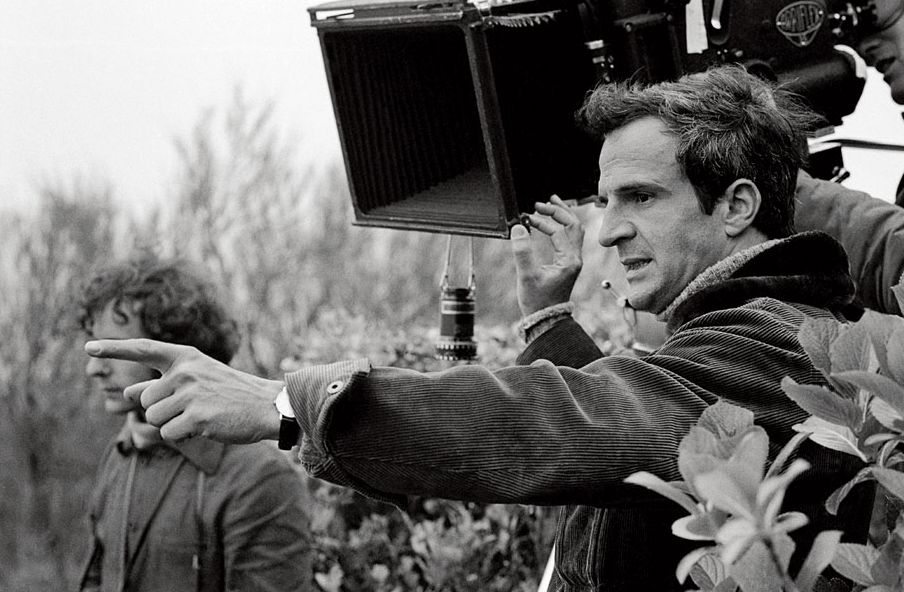
Truffautbruary, a month dedicated to Francois Truffaut: The Last Metro
 In what was intended to be the second installment of a trilogy, The Last Metro shines as a look into the arts during Nazi occupation.
In what was intended to be the second installment of a trilogy, The Last Metro shines as a look into the arts during Nazi occupation.
Day for Night was Francois Truffaut's glimpse into the behind the scenes world of moviemaking, The Last Metro, in a similar vein, served as a glimpse behind the inner workings of a theatre. Truffaut sought to highlight more than the behind the scenes lives of theatre actors and owners, however, he also wanted to dive into France during the Nazi occupation. Growing up during the time of the occupation, Truffaut felt that many film and literature depictions of that time period were disingenuous, as he never felt that France was as free as it was made out to be. Most importantly, Truffaut felt it necessary to bring light to the anti-Semitism commonly experienced in France from other French residents, a phenomenon that is commonly only depicted to occur from German occupiers. Inspired by Ernst Lubitsch's To Be or Not to Be, and The Sorrow and the Pity by Max Ophüls, Truffaut put a great deal of research into the film by delving into the private writings and diaries of actors from this period. Once he felt ready to take on a subject once again so personal to Truffaut, he made the decision to produce the film solely using his own company. The Last Metro was the costliest film Truffaut ever made, and also took the longest to edit than any of his other films. The money and the preparation paid off as The Last Metro proved to be a critical and commercial success, boasting record ticket sales, earning 10 César Awards, and becoming the highlight of the latter part of Francois Truffaut's brilliant career.
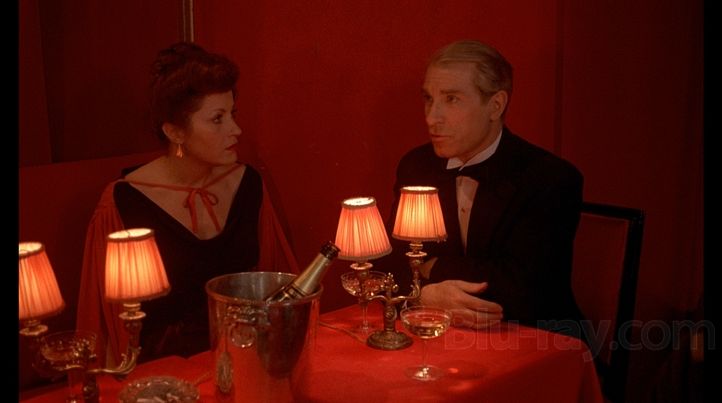
Marion Steiner, played by Catherine Deneuve in a part written for her, is the actress wife of a theatre owner who has since taken over operations after her husband was forced to flee the country to avoid imprisonment and persecution. Lucas Steiner, (Heinz Bennent) a renowned playwright and director, was forced to abandon his theatre and life when his Judaism made him a target during the Nazi occupation. Unbeknownst to most, instead of leaving the country, Lucas began living in the basement of the theatre. Lucas listens to rehearsals and performances of the play he has written through the through the ventilation system and heating ducts, passing on notes to his wife when it is safe enough for her to visit him. The constant surveillance from the government over the content of their plays, the stress of putting all finances on the line creating a make-or-break situation for the theatre, and her husband's growing listlessness due to his confinement begin to weigh heavily on Marion. In an attempt to keep the theatre afloat and create a successful play, Marion hires Bernard Granger (Gérard Depardieu) in the lead romantic tole. The two, previously strangers, become close with Bernard even saving the night of the premiere by throwing out the anti-semite French reviewer Daxiat, (Jean-Louis Richard) a character modeled after a real critic and Nazi sympathizer during the occupation. In what is a story about art and the human stories behind them, Francois Truffaut dazzles again with The Last Metro.
Quentin Tarantino has listed Francois Truffaut among his favorite filmmakers and greatest inspirations. It is easy to see Truffaut's influence in Tarantino's films. Tarantino claims he never saw Truffaut's The Bride Wore Black, yet it shares many similarities with his film, Kill Bill. I had never put together before my most recent rewatch of The Last Metro just how much it shares in common with Tarantino's Inglourious Basterds. I've seen Inglourious Basterds an embarrassing amount of times, but I had not revisited The Last Metro in between those record viewings, and when I did, I was a bit taken aback with their similarities. In the broadest sense, the two films share a theme of how art is impacted by oppressive government regimes. Their settings are the same—occupied France, they both concern women who own a theatre, both of whom betray the love of a German man, and finally, both deal with the idea of imprisonment and present a rallying cry against the assumed romanticism of the French Resistance. I love Inglourious Basterds, so picking up on these likenesses only enhanced my most recent viewing of The Last Metro.
The Last Metro is a melodrama, through and through, and one of the best. The film plays like a gripping novella, holding its audience captive like Lucas, as it trepidatiously plays out. The lighting in The Last Metro is wholly unique to this film and is more deliberate, perhaps than in any other Truffaut film. The color palette warm and chalky with a heavy reliance on the color red creating an intense monochromatic appearance, beautifully blending the light of film and theatre in a way that enhanced Truffaut's story about artists. Truffaut had a gift for communicating the most human aspects of people and their relationships to each other. Just as he proved in The Last Metro, Truffaut was best when he whittled down the grand theme of his film to the one-on-one moments that make up every aspect of life. The Last Metro is maybe Truffaut's most sedated film and one that seems to have been made with the desire to please the audience more than any of his other works, but the end result is a fascinating exploration of human relationships and morality. Even if The Last Metro was a bit crowd-pleasing, its understandable as such because it came from such a personal place in Truffaut's being. I can't imagine what it must have been like to be so open and truthful about intimate experiences of one's own life, bringing about a profound vulnerability, and to make the most poignant examples of cinema with the apparent ease of Francois Truffaut.
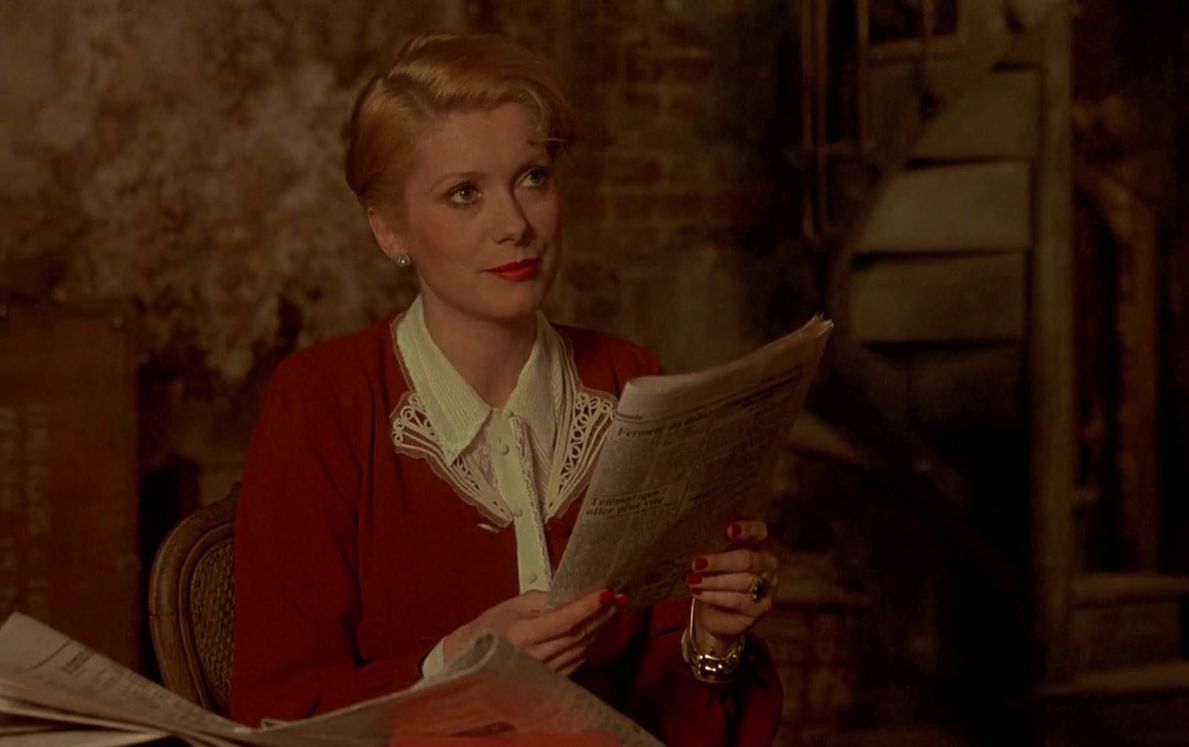
Francois never considered anyone other than Catherine Deneuve for the role of Marion Steiner in The Last Metro, and it is easy to see why. Her character is both the caretaker/hider of a prisoner and a prisoner herself. Marion is a prisoner to her husband's theatre, as its continuation, and those under her employ, are dependent on her. She is a prisoner to the regime that has surrounded her, growing more disgusted with the Nazi occupation, and her inability to fight against it, with each passing day. Finally, Marion is a prisoner to herself, as she willingly buries her hopes and dreams, her solitary focus on her craft of acting, in order to protect and provide for those around her. I can't imagine anyone other than Catherine Deneuve in this role, for she masterfully emotes her intense longing hidden beneath her steadfast sense of duty. She's not the only prisoner in the film, of course, but her imprisonment was different than anyone else and more difficult to understand. Deneuve's character is a powerful one and lives the percipient line spoken in the film by her husband: "A prisoner owes no gratitude to a jailor."
